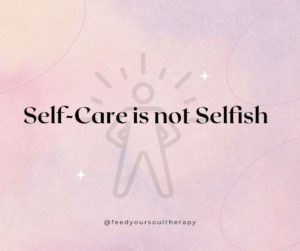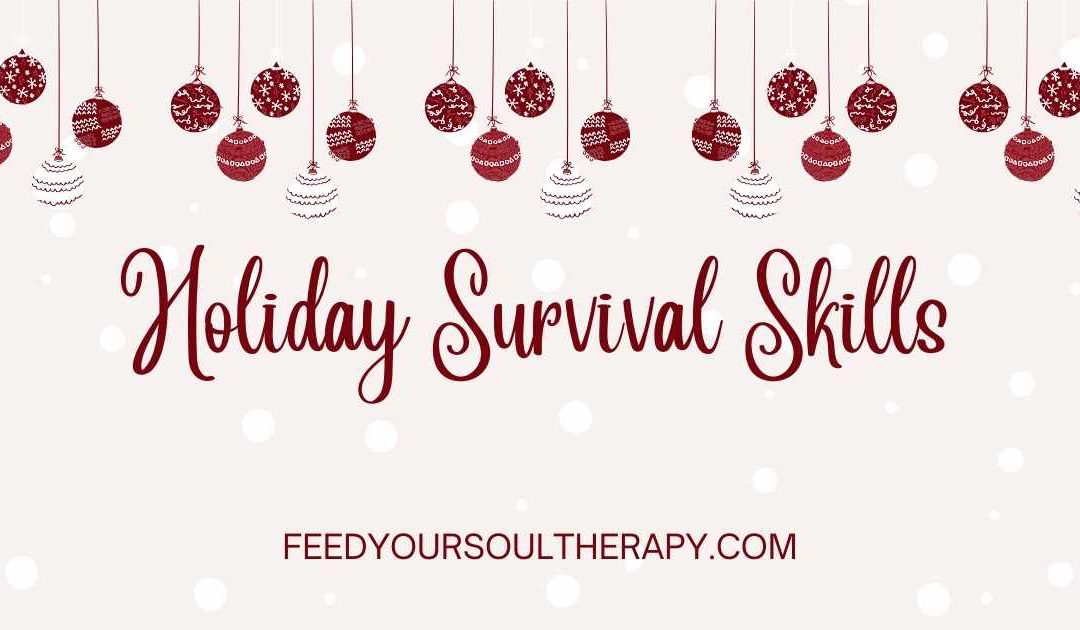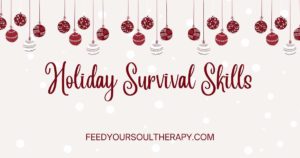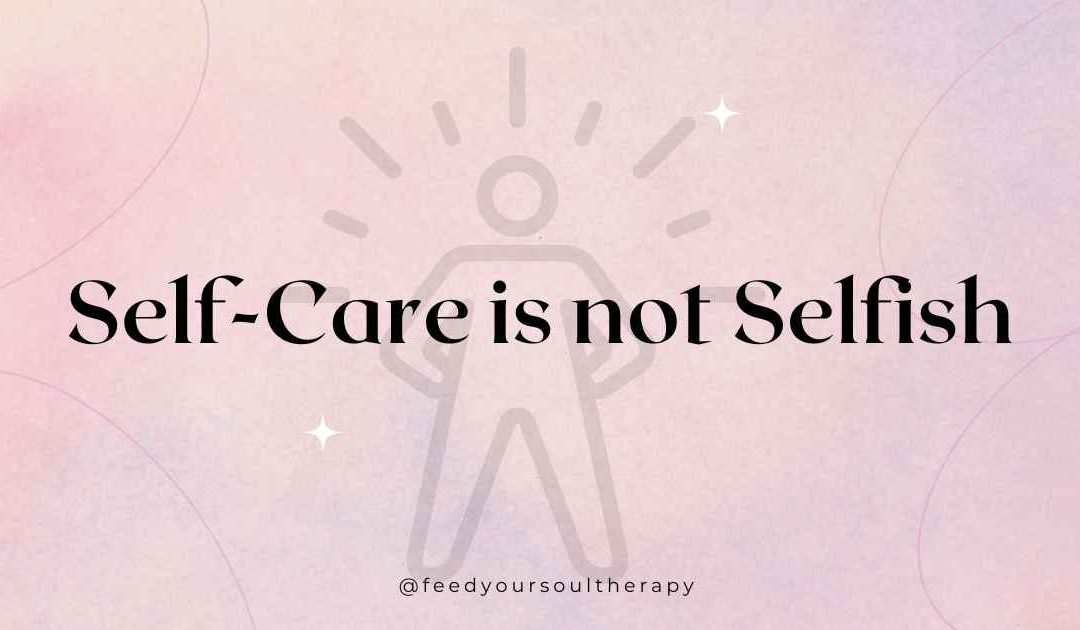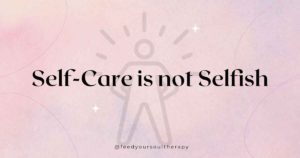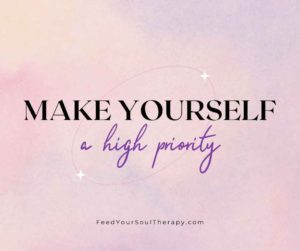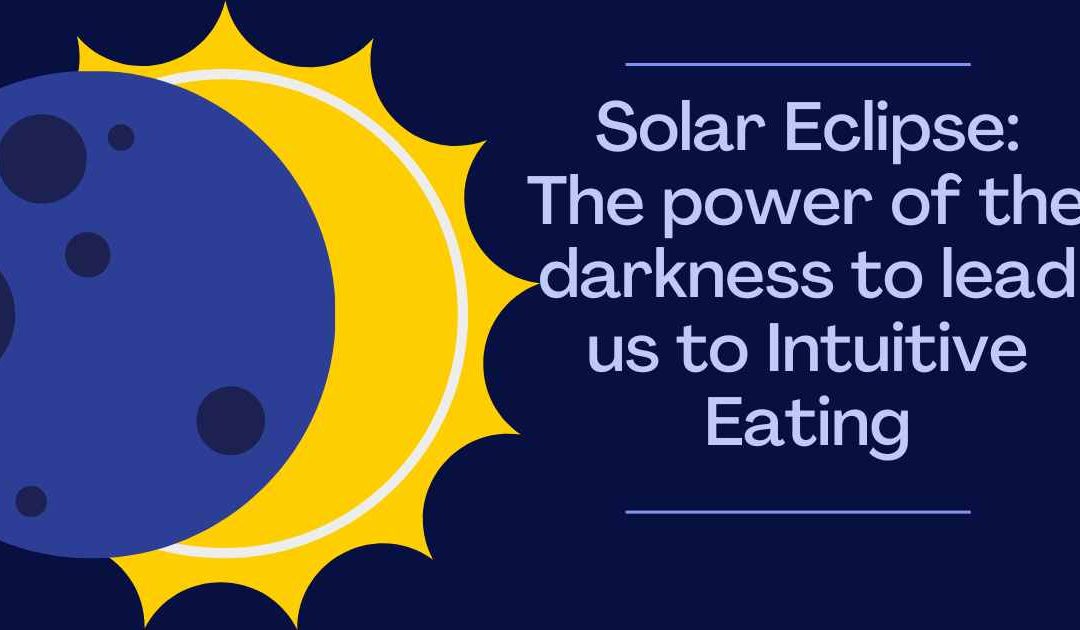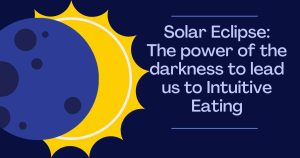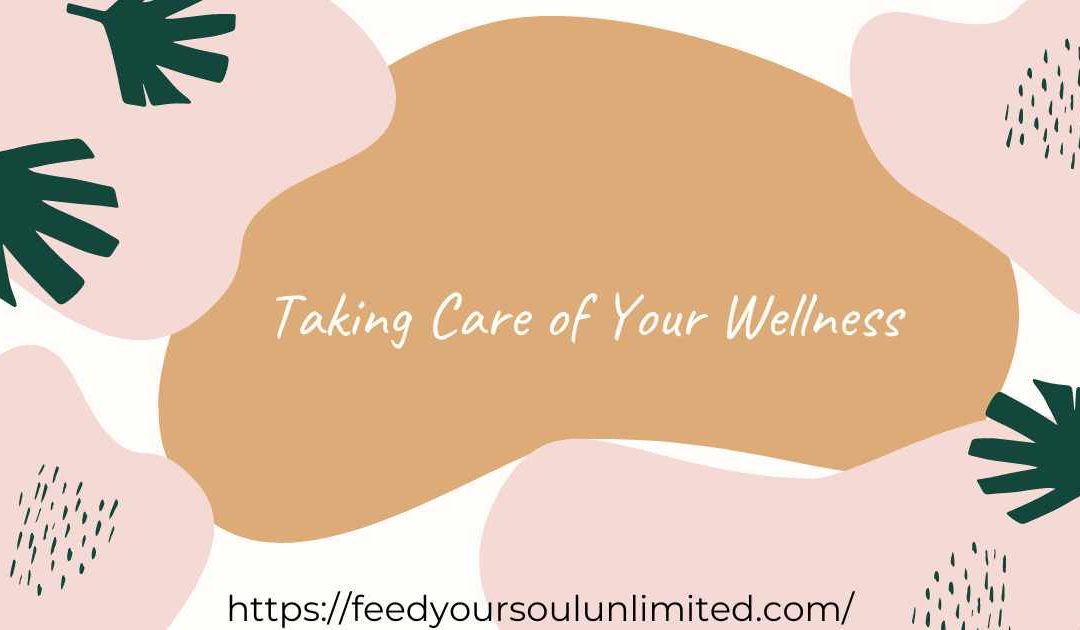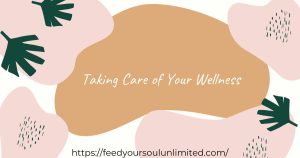
by KimMcLaughlin | May 12, 2025 | Mental Health, Self Care




As a psychotherapist, I listen to people talk daily about how much they dislike or even hate themselves. I am not surprised by the comments and through the therapeutic process we ultimately focus on how to create more self-love.
When we discuss love, it starts out with the love of others: spouse, partner, family, and children.
I say love starts with yourself and I know this goes against what we have been taught.
We are taught to be loving to others and to put them first.
As they say when you ride an airplane the oxygen mask needs to go on YOURSELF first.
You can see there are mixed messages about love and why there is a requirement for self-love.
There is a blueprint to self-love that you might not know.
Let’s start with the definition of a blueprint: “a guide for making something — it’s a design or pattern that can be followed.”
Since we have generally not been taught about self-love, I want to go over the blueprints.
Yes, there is a guide for enabling self-love.
First, what is self-love?
I wrote a whole chapter about Self-Love in my book: Feed Your Soul; Nourish Your Body! A Six Step System to Peace with Food.
Self-Love is one important component in making peace with food. When you have food issues, we begin to think so negatively about ourselves. Focusing time and effort on self-love helps with food issues AND it helps with a lot of other issues you might have.
In my book I wrote a whole chapter about self-love. The book focuses on making peace with food, so you might think this topic does not apply to you (you might not have an issue with food).
Women especially are taught to not pay attention to their own needs.
Being loving is not always present in our society today. There is a lot of negativity all around. I noticed so much more negativity with the rise of the internet and the rise of unfiltered comments.
Isn’t self-love selfish?
We are primed to not value being loving to ourselves, and it can be considered selfish. We often tend to overlook self-love for fear of being selfish. As I stated above, self-love is the most important kind of love.
I see a common misconception is that self-love means you are selfish and self-centered. When you look at it that was you are missing the need for each of us to focus on our own needs and once we can take care of our own needs (hence the mask on the plane) then we can look to help with others needs.
Why is self-love so important?
There are different aspects to consider at when we look at Self-Love:
- Self-Esteem- which is how you feel about yourself. Your sense of value and good feelings about yourself.
- Self-Worth- which is how you see your value in the world. Do you think you have the right to exist? This is such a difficult concept, especially when we have food and weight issues.
- Self-Expression- how do you go about with how you individually express who you are verbally, what you wear, what you do, etc.
When we are in alignment with our self-esteem, self-worth, and self-expression- it is easier to love ourselves.
Many of us tend to feel stuck in the negativity. Without self-love there is not a way out of this spiral downward.
If you can do one thing for yourself to help your emotional and mental wellness, increase your self-love.
There is a blueprint to engage in self-love.
Here are some practical ways to increase self-love
1) Start and end the day by saying something positive to yourself.
This sets up your mind and spirit for the positive. You can do it more often during the day for a greater benefit. I love books by Louise Hay who has a mirror method where she would look at herself in the mirror and repeat positive affirmations. It is a powerful method.
Here are some positive statements to tell yourself:
- I love you.
- I appreciate you.
- I care for you.
- You are valuable.
It is very powerful to repeat those affirmations in front of the mirror while you look at yourself.
In one of my yoga classes my yoga instructor has us tell ourselves. “I love you” at the end of the class.
Telling yourself, I Love You, out loud is a powerful way to reinforce that self-love.
2) Stop judgment of yourself and others.
This can be easier said than done. I find the starting point is to notice the judgment and name it. Call it judgment. This can help you notice it when it is happening. It is not a time to get angry or frustrated with yourself, it is a time to recognize it AND wonder what it means to you.
- Why am I judging?

- What does the judgment mean?
- How can I release this judgment?
There is a lot of danger in comparing ourselves to others. If it is not uplifting and it brings you down. It does not matter what anyone else does if it is uplifting to you.
3) Be at peace in your mind.
How do you think about yourself? How much to you ruminate on what is going wrong and what is bad? Critical thoughts of yourself and others.
Peace can come in so many ways- I like to journal those thoughts; I like conscious journaling (morning pages) which frees my mind daily from all the chaos.
4) Say no to people, places, and things you need to say no to.
Is there chaos around you? People who are not kind to you? Self-love means I invite people to be with me that are kind and loving to me.
I can be more loving to myself when I surround myself with loving people. Remember before when we talked about the negativity on the internet and especially social media. Consider saying no to negative people who fill your feed with toxic statements. I have let go of many people on social media who just talk cruelly about others. I think it is ok to hear other opinions on social media, but not toxic statements.
5) Notice the negative statements you make about yourself.
Consider how you would talk to your child, niece, or nephew- a cherished child. Think of yourself as that cherished child. Tell that child side of yourself how great they are.
This blueprint is not an exhaustive list, and I invite you to add to the list.
Finding what works for you one day does not always work for another day.
Lastly, if these suggestions feel too difficult it might be time to seek out a licensed mental health counselor. A counselor can help you to look at yourself differently and then you will feel different about yourself.
 Kim McLaughlin, MA is a Counselor, Speaker, Podcaster, and Inspirational Coach who specializes in working with people who suffer from binge eating and emotional eating. She is a Certified Intuitive Eating Counselor. She is the author of the book Feed Your Soul Nourish Your Life! A Six Step System to Peace with Food and the Amazon #1 Best Selling book Discovery Your Inspiration.
Kim McLaughlin, MA is a Counselor, Speaker, Podcaster, and Inspirational Coach who specializes in working with people who suffer from binge eating and emotional eating. She is a Certified Intuitive Eating Counselor. She is the author of the book Feed Your Soul Nourish Your Life! A Six Step System to Peace with Food and the Amazon #1 Best Selling book Discovery Your Inspiration.
You can hear Kim talk more on this topic on her podcast Feed Your Soul with Kim and you can find it on all podcast platforms.
Wondering if you are an emotional eater? Sign up for the free Am I an Emotional Eater Quiz.

by KimMcLaughlin | Dec 17, 2024 | Eating Disorders, Holidays





Holiday survival skills are in demand as we navigate the busy and often stressful season.
Popular strategies being shared this year focus on maintaining physical health, managing emotions, and balancing social dynamics:
There are a lot of stressors whether you feel busy or not.
First, when we look at how to survive over the holidays determine how you will take care of your body.
Everyone knows it is important to take care of your body and that it can become complicated over the holiday season.
Here are some strategies to take care of your body this holiday season.
- Stay active in a way that works for you. Since it is the time of year when it is darker earlier, consider what activities you need to keep your body feeling good.
- Eat foodsthat work with your body. I like asking the question, what is your right food. Wonder to yourself if this food will give you the energy to do the things you need to do.
- Notice if you tend to try to restrict what you want to eat. This restriction can have the opposite effect and lead you towards binge eating. Recognizing there are special foods for this time of year can help you have the holiday foods that you want to have.
- Are you sleeping well or enough? Sleep is critical to your overall health. This time of year, we can have a varied sleep schedule due to activities. Look at how you can get your right amount of sleep.
Second, making sure you are focused on YOUR mental health and emotional wellness is a key to holiday survival.
The busy atmosphere can make us tend to override our mental health and emotional needs.
Try some strategies to help with keeping your emotional needs in mind.
- Acknowledging and addressing holiday-specific challenges, such as loneliness, grief, or dealing with family conflicts, can help maintain emotional well-being. These emotions can take a hold of us and affect how to maintain our balance.
- Try techniques like setting boundaries, practicing gratitude, or taking some space from others when you feel out of balance.
- If you feel too overwhelmed, seeking therapy can be helpful. Look for a qualified mental health therapist to help you if you are feeling down.
Third, evaluate what stress management skills you need for yourself this holiday season.
Here are some key tools to distress.
- Is your schedule overloaded? Try decluttering your schedule. What is your intention for this holiday season? What do YOU want to accomplish: rest, connecting with special people, taking a trip, or being active are some of the questions you can ask yourself.
- Evaluating what you need to let go of in your schedule can be valuable. You have permission to say no to people and activities that do not serve you this holiday.
- Prioritize your self-care can be life affirming. Ask yourself the question, what would bring me peace. What do you need to do for YOU? I ask myself these questions to help me practice more self-care.
- What is it you would like to do? Do you have a list of what you want to do this holiday season? I like using my Holiday Bucket list to determine my priorities
I write out my Holiday Bucket List every year. This is my list of what I want to do over the holiday season.
What are the things this holiday that you want to do? Here are some questions to guide you in the right direction.
- What foods you want to have?
- What foods do you want to make?
- What kind of activities would you like to do?
- Where would you like to go?
- What decorations do you want to put up.
- Do you desire some rest or more activities?
- What are crafts/decorating that bring you joy.
- Where would you like to go over this holiday season?
- What does this season mean to you and how can you embrace that?
- What are your spiritual needs? What can you do to support your spiritual needs.
I find it is helpful to take my list and put it in on my calendar.
Lastly look at the social and family dynamics playing out around you.
Determine what YOU need for yourself and preparing to ask for what you need can be critical.
- If you must manage challenging conversations- this can be the time to practice boundaries. I like coming up with my plan before the difficult conversation happens.
- Navigating differing values within families can be a concern over the holidays. It can be helpful to prepare your response to intrusive questions.
- I like planning neutral; inclusive activities can make gatherings smoother and there is less time for inappropriate statements from others.
- I like to pivot the conversation away from challenging topics, so I have some non-controversial topics prepared: weather, vacations, or sports.
- Being prepared to say, I don’t want to talk about this, is valuable. You can practice what you will say in advance. I like to ask the person bringing up a controversial topic- Why are you bringing this up? What is your intention? This helps you understand where they are coming from and set some limits.
- Who do you really want to spend time with? Who are the right people to spend time with? You deserve to spend time with people that are pleasant and enjoyable.
I encourage you to set yourself up for success. You are worthy of an enjoyable holiday.
Make this your time to connect with yourself and others that you truly care about.
Check out the Feed Your Soul with Kim Podcast where we talk about Holiday Survival Skills.
Kim McLaughlin, MA is a Psychotherapist, Speaker, Author, and Coach who specializes in working with people who suffer from binge eating and emotional eating. She is a Certified Intuitive Eating Counselor. She is the author of the best-selling book Feed Your Soul Nourish Your Life! A Six Step System to Peace with Food and the Amazon #1 Best Selling book Discovery Your Inspiration.
You can find Kim on her podcast Feed Your Soul with Kim and you can find it on all podcast platforms.
Wondering if you are an emotional eater? Sign up for the free Am I an Emotional Eater Quiz.

by KimMcLaughlin | Oct 16, 2024 | Self Care





You need to be more selfish.
I mean the type of selfishness where you think about yourself more often.
Women often ask, “Am I being too selfish?” I ask them to tell me more about what they mean, they want to know is it ok to put their needs first.
Women have been taught to put their needs second to their partners, their boss, and their children.
Let’s break out of this mold and see what the whole self-care movement is all about and determine if we are REALLY being selfish.
What is Selfishness?
- Selfishness typically refers to prioritizing one’s own needs and desires over others without considering their well-being or feelings.
- It often involves acting out of self-interest at the expense of others, disregarding their boundaries or emotions.
- Selfish behavior can lead to strained relationships, resentment, and a lack of empathy towards others.
What is so wrong about being selfish?
I think the problem with being selfish is we put our own needs over all the other people around us without consideration of their needs. Another term that fits for this is self-centered.
When we are selfish, it is all about ME!
This can be off putting and disrespectful of others. It can set them off to be mad at us for looking at only what we need without any regard to the others around us.
Selfishness indicates you are not having empathy for others and their situation.
You are attentive to your own thoughts and needs.
Women are praised for being nice.
Be a good girl, be nice.
What is Self-Care?
- Self-care, on the other hand, is a practice of taking intentional actions to prioritize one’s physical, emotional, and mental well-being.
- It involves recognizing and meeting your own needs in a healthy and balanced way.
- Self-care is rooted in self-compassion and acknowledges that taking care of yourself enables you to better support and care for others.
- Engaging in self-care can enhance overall well-being, reduce stress, and promote a positive mindset.
What is so wrong about Self-Care?
Self-care is totally about you and your needs. There is a way to engage in self-care and not be off putting as you are when you are selfish.
Self-care can be considered for others, but that can come second.

I have a motto, if I am not good for me, it is not good for you. I mean this to say when I am engaging in my own self-care, I am helping you.
How am I helping others when I engage in self-care?
- I am nicer to others when I engage in my own self-care.
- I am much more fun to be around when I take care of myself.
- I allow space for others to take care of themselves.
- I have more positive thoughts and behaviors when I engage in self-care.
While selfishness focuses solely on personal gain without regard for others, self-care emphasizes the importance of nurturing oneself to show up as the best version for both oneself and others. It is about finding balance and making choices that prioritize your well-being while still considering the needs of those around you.
In your journey towards making peace with food and your body, it is essential to engage in self-care practices.
It might be new to you to engage in self-care.
Self-care can be nourishing to your mind, body, and soul. It takes consideration to determine what is actually self-care for YOU. I find everyone is different and requires something personal to them.
Here are some ways to help you move into more self-care:
- Journal what selfishness means to you and what does self-care mean to me.
- Practicing mindfulness.
- Setting boundaries and let them know when the answer is NO!!!
- Seeking support from loved ones or professionals.
- Engaging in activities that bring you joy/fun.
- Prioritizing rest and relaxation.
I find that self-care leads me to be a better person.

I find that I am nicer, calmer and more discerning when I am engaging in more self-care. I tend to take deeper breaths and can determine what is my best course of action. I noticed the other day that I felt irritated. I realized that it had been days since I had engaged in self-care and my irritation was showing. Here is what I did:
- I noticed I felt irritated.
- I checked in with myself to wonder why.
- I noticed I had not engaged in self-care in over 5 days.
- I asked myself what I needed NOW to get some self-care relief.
I found after I had the above conversation with myself,
I realized I needed to take a break from the group I had been with for many days.
- I took a walk.
- Took deep breaths.
- Then I began some positive affirmations.
I then was able to feel calmer and more centered. Self-care worked!!!!
Self-care is not selfish; it is an act of self-love and empowerment.
When you take care of yourself, you can cultivate a healthier relationship with yourself, your body, and improving your overall well-being.
Ultimately, you will be more present for yourself and those around you.
Determine what you can start doing RIGHT NOW to engage in more self-care. Then notice how you feel. If it is working, you will feel much better.
In the end, embrace self-care is an essential part of your journey towards finding peace and fulfillment.
Kim McLaughlin, MA is a Psychotherapist (Licensed in California 27667), Speaker, Author, and Coach who specializes in working with people who suffer from binge eating and emotional eating. She is a Certified Intuitive Eating Counselor. She is the author of the best-selling book Feed Your Soul Nourish Your Life! A Six Step System to Peace with Food and the Amazon #1 Best Selling book Discovery Your Inspiration.
You can find Kim on her podcast Feed Your Soul with Kim and you can find it on all podcast platforms.
Interested in learning more about therapy with Kim McLaughlin? Learn more information here: https://feedyoursoultherapy.com/
Wondering if you are an emotional eater? Sign up for the free Am I an Emotional Eater Quiz.

by KimMcLaughlin | Apr 16, 2024 | Intuitive Eating





Did know the Solar Eclipse can give us some incredible insights into Intuitive Eating?
Recently, I started to hear about the solar eclipse. Friends of mine traveled to another state just to be in the path of the solar eclipse! I found the on-line Solar Eclipse tracker on-line and tracked its trajectory.
What is a Solar Eclipse?
Solar eclipses occur when the moon passes between the sun and Earth, casting a shadow on our planet. This alignment is a powerful reminder of the intricate dance between different elements in our lives. Just as the moon temporarily obscures the sun’s light, we may experience moments of darkness or struggle in our journey towards intuitive eating and body acceptance.
However, it is important to remember that these moments are transient, just like a solar eclipse. The sun always emerges from behind the moon, shining its light once again.
Similarly, we have the capacity to overcome challenges and emerge stronger in our relationship with food and our bodies.
There is a symbolism of Darkness and Light in overeating!
As in the Solar Eclipse, overeating can lead to a darkness that momentarily envelops us (feeling bad about ourselves). This darkness represents the shadows we often face in our relationship with food – feelings of guilt, shame, or restriction.
However, just as the sun eventually emerges from behind the moon, so too can we find light amidst these shadows.
Intuitive eating encourages us to embrace all aspects of our relationship with food without judgment or restriction. By acknowledging and accepting our dark moments, we can learn from them and pave the way for a more balanced and nourishing approach to eating.
I became even more interested in the power of the Solar Eclipse when my friend, Teresa Campos, offered her community a workshop on the symbolism of the Solar Eclipse. She told us when the moon is between the sun and earth it creates a shadow, which gives us an opportunity to see what shadows are showing up for ourselves. This workshop made me think further about the shadows in our lives around food, overeating and body image.
What are the Shadows in your life with food, body image and overeating?
- Where am I struggling with food?
- How do I struggle with my body image?
- Where is there the lack of forgiveness?
- Is there anger at myself or others?
These questions led me to inquire more about what I needed in my life.
The shadows are the undiscovered parts of us that are wanting to break through. The darkness of the eclipse is a metaphor to what shadows are going on in me. I can then move through it and the sun shines fully again.
Embracing Change: Lessons from the Transitory Nature of Solar Eclipses.
One of the most remarkable aspects of a solar eclipse is its transitory nature. It serves as a powerful reminder that change is inevitable and necessary for growth.
In our journey towards intuitive eating and body acceptance, we may encounter changes in our habits, beliefs, and perceptions.
Just like the moon moving across the sun, these changes can be transformative if we embrace them with an open mind and heart. By letting go of old patterns that no longer serve us, we create space for new experiences and a deeper connection with ourselves.
Here are some questions to start wondering about that deeper connection:
- Where is there some darkness in my life?
- What change is calling me?
- Where is my support to make this change?
Finding Balance: Exploring the Relationship Between Sun and Moon in Body Acceptance.
The relationship between the sun and moon during a solar eclipse teaches us about balance. The sun represents our desire for warmth, nourishment, and vitality, while the moon symbolizes our emotions, intuition, and inner world.
Similarly, body acceptance requires finding equilibrium between honoring our physical needs and nurturing our mental well-being. Just as the sun and moon complement each other’s existence, we too can find harmony by embracing both aspects of ourselves – our bodies and minds – in our journey towards self-acceptance.
The Power Within: Using Intuitive Eating to Navigate Challenges.
As we witness the power of a solar eclipse, we are reminded of the immense energy within us waiting to be harnessed.
There are many tools to guide us on this path.
- Looking through a positive lens (seeing the light).
- Practicing self-compassion (honoring our value).
- Building resilience (making pivots to increase our self-esteem).
We can navigate challenges with grace and strength. Just as the moon aligns perfectly with the sun during an eclipse, we too can align our thoughts and actions with our goals for intuitive eating, body acceptance, and mental well-being.
Reflecting on the lessons learned from solar eclipses, what can you apply to your own journey towards intuitive eating, body acceptance, and mental well-being?
- Take a moment to journal or meditate on what changes you are ready to embrace and how you can find balance in your relationship with food and your body.
- Consider seeking support from professionals or joining a community that aligns with your goals for further guidance and encouragement. You can join us in the Feed Your Soul Communityon Facebook.
- We would love for you to join us in Emotional Eating Solutions, our course to help you move into peace with food through Intuitive Eating.
Kim McLaughlin, MA is a Psychotherapist, Speaker, Author, and Coach who specializes in working with people who suffer from binge eating and emotional eating. She is a Certified Intuitive Eating Counselor. She is the author of the best-selling book Feed Your Soul Nourish Your Life! A Six Step System to Peace with Food and the Amazon #1 Best Selling book Discovery Your Inspiration.
You can find Kim on her podcast Feed Your Soul with Kim and you can find it on all podcast platforms.
You can learn more about Teresa Campos at https://teresacampos.com/
Wondering if you are an emotional eater? Sign up for the free Am I an Emotional Eater Quiz.

by KimMcLaughlin | Aug 29, 2023 | Self Care





Taking care of our wellness is critical in achieving our goals and ensuring our well-being. As we embrace National Wellness Month, we are reminded of the importance of self-care and finding balance in our daily lives.
National Wellness Month offers a chance for individuals and organizations to focus on wellness goals and explore ways to enhance health and happiness. This is a time to create routines, make healthier choices, and practice self-care.
There are many ways to move into wellness. Here are three essential ideas to help you on your wellness journey.
First, start to prioritize Self-Care.
Self-care is crucial in enhancing our overall well-being, but it can be challenging to make time for it in our busy lives. Taking care of yourself helps to reduce stress, improve moods, and increase energy levels. Self-care can take many forms, and it is up to you to decide what works for you.
Start with asking yourself:
“What is my form of self-care?”
Your needs for self-care are different than other’s needs. Make self-care a priority by setting aside time each day (preferably) or week for activities that nourish your body and mind.
This week my daughter started back to school, and my schedule is now changing, and I am relooking at where self-care will fit into my day. I have begun a more regimented morning routine. I am focusing on some quiet time and fun time with my daily Wordle.
Second, see where you are with your nutrition.
The food we eat plays a vital role in our overall health and wellness. In intuitive eating we call it Gentle Nutrition.
What you eat influences how you feel and the energy you have during the day.
When I focus on intuitive eating, I am more centered in my body and what it needs. I make decisions about my food that is right for me and my body.
We have been taught over the years not to pay attention to what our bodies tell us to eat, but to look to an external force (diet) to tell us what our right food is. Limitations of types of food set us up to binge and overeat. Check inside and see what your right foods are.
By focusing on gentle nutrition, we can power our bodies and minds to achieve wellness.
Third, make movement a habit.
Exercise is crucial in enhancing our physical AND mental health. It can improve our cardiovascular health, reduce stress, and boost energy levels. I like to call it movement, since there is a cultural idea that exercise should be hard.
It can be challenging to move your body regularly, so start small. Consider taking a walk in the morning or evening or incorporating yoga or stretching into your daily routine.
I have found it is critical to find an activity that I enjoy. When I like the movement, I will do it more often and more regularly. I had read that weight training was good for the body and increases our body capacity as we age.
That sounded good to me.
Over the last year I have engaged in regular weightlifting, and I find I enjoy it, so I do it more often.
Movement is a not to be missed part of your wellness but find what your form of movement is.
In conclusion, National Wellness Month offers us a chance to focus on our wellness goals. It is a reminder that we must come first in our day.
Prioritizing self-care, focusing on nutrition, and making movement a habit are essential ideas to promote a wellness path.
Remember to take small steps each day and find what works for you. Achieving wellness is not an end point, but a journey towards wellness.
I encourage you to have this month be a reminder to embrace wellness in all its many forms.
Kim McLaughlin, MA is a Psychotherapist, Speaker, Author, and Coach who specializes in working with people who suffer from binge eating and emotional eating. She is a Certified Intuitive Eating Counselor. She is the author of the best-selling book Feed Your Soul Nourish Your Life! A Six Step System to Peace with Food and the Amazon #1 Best Selling book Discovery Your Inspiration.
You can find Kim on her podcast Feed Your Soul with Kim and you can find it on all podcast platforms.
Wondering if you are an emotional eater? Sign up for the free Am I an Emotional Eater Quiz.



 Kim McLaughlin, MA is a Counselor, Speaker, Podcaster, and Inspirational Coach who specializes in working with people who suffer from binge eating and emotional eating. She is a Certified Intuitive Eating Counselor. She is the author of the book Feed Your Soul Nourish Your Life! A Six Step System to Peace with Food and the Amazon #1 Best Selling book Discovery Your Inspiration.
Kim McLaughlin, MA is a Counselor, Speaker, Podcaster, and Inspirational Coach who specializes in working with people who suffer from binge eating and emotional eating. She is a Certified Intuitive Eating Counselor. She is the author of the book Feed Your Soul Nourish Your Life! A Six Step System to Peace with Food and the Amazon #1 Best Selling book Discovery Your Inspiration.
